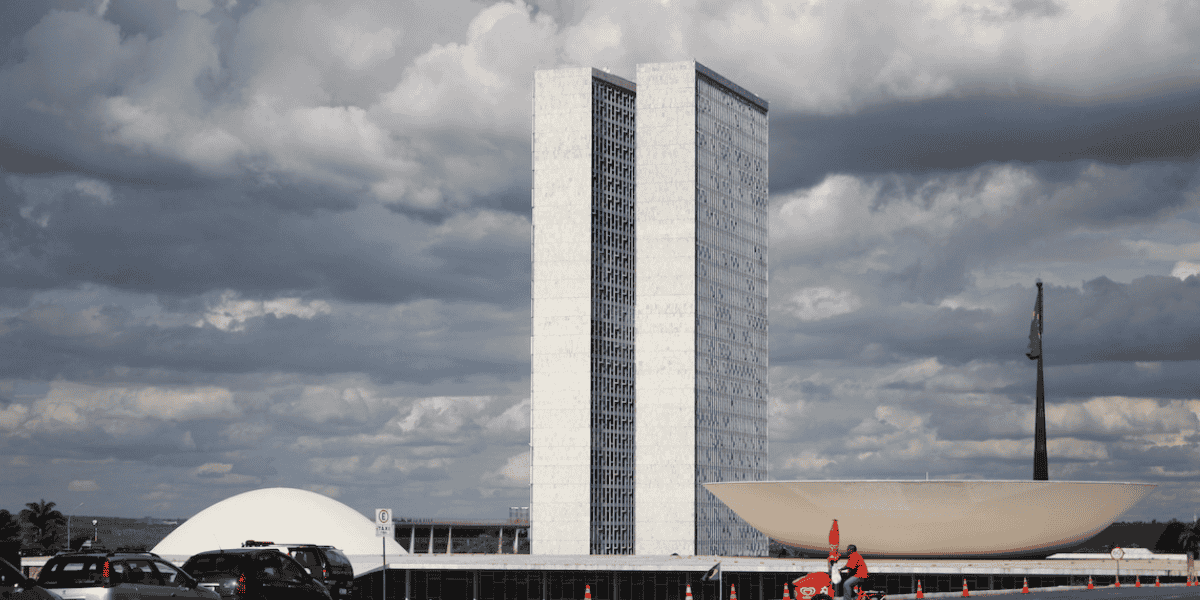Finance Ministry dropped plans for a higher tax on overseas investments on Friday, following criticism that it signalled a return to capital controls.
Brazil’s Finance Ministry dropped a higher transaction tax on overseas investments on Friday, 23 May 2025, after critics called the initiative a backwards step toward capital controls.
“Due to the repercussions we had to be quick with the revision,” said Finance Minister Fernando Haddad. “We understood that it was worth reviewing this item to avoid speculation about objectives that are not proper to the Finance Ministry or the government, such as inhibiting foreign investment, which had nothing to do with it.”
The measure was part of an executive decree on 22 May 2025, raising Brazil’s IOF financial transactions tax to address a budget gap.
The Tax on Financial Operations (IOF) is a financial levy applied to individuals and businesses in Brazil, covering a range of financial transactions.
The higher tax rates on investments abroad went into effect on Thursday, 22 May 2025, which surprised the country’s central bank and some government economic team policymakers. The central bank opposed the move, which reversed Brazil’s recent efforts to simplify currency taxation in its bid to join the OECD.
Earlier, Brazil’s government submitted its draft budget proposal for the fiscal year (FY) 2025 to the National Congress on 30 August 2024.














